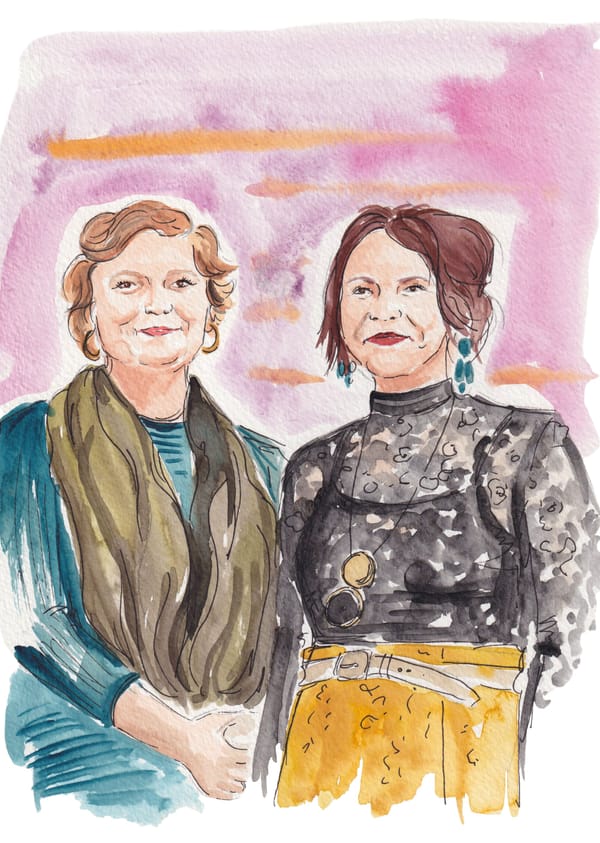When It Comes to the Gender Pay Gap, the Laws Are There. The Culture is Not.
Laws designed to combat pay injustice are a good start, but it’ll take much more than that to get us across the finish line.

Apple’s facing a fresh legal headache.
Last Thursday, the tech company was hit with a proposed class action lawsuit accusing it of discriminating against more than 12,000 women staffers, and placing it among a handful of tech giants and other companies which have navigated similar allegations.
The suit claims that Apple has, over the past few years, been paying women based in California (where Apple is headquartered) lower wages than it pays male employees who are “performing substantially similar work under similar working conditions”—a practice that violates California’s Equal Pay Act. It also accuses Apple of using an employee evaluation system that is biased against women; a system that, when it comes to qualities like teamwork and leadership, rewards men and penalizes women.
One of the specifics of the claim is as follows: Before the autumn of 2017, Apple would explicitly ask potential employees in job interviews for prior pay information. There was nothing legally wrong with that at the time, but in January 2018, it became illegal in the state of California to ask a prospective worker how much they earned in a previous job.
Now Justina Jong and Amina Salgado—the two plaintiffs who are bringing the case—are claiming that despite the new law, Apple “continued to inquire about prior pay under the guise of candidates’ pay expectations.” (They argue that all the women employed in Apple’s engineering, marketing and AppleCare divisions based in California were potentially affected by this practice: hence the more than 12,000 individuals.)
Read more: Stalled Progress In the C-Suite





